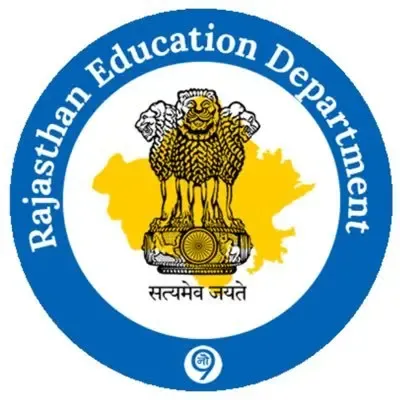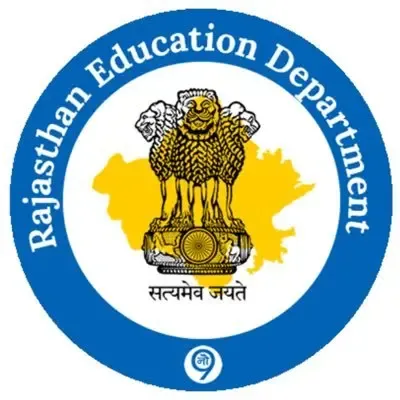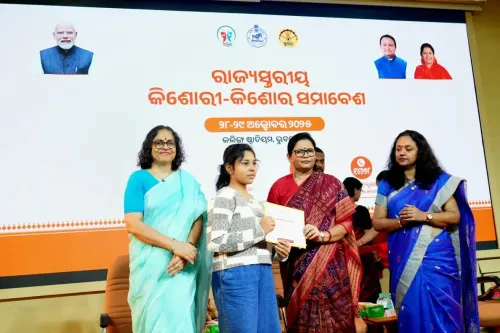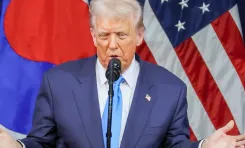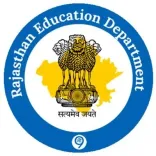Is Stalin Advocating for a 50% Share in Central Taxes? Calls for Urban Transformation and River Rejuvenation Initiatives
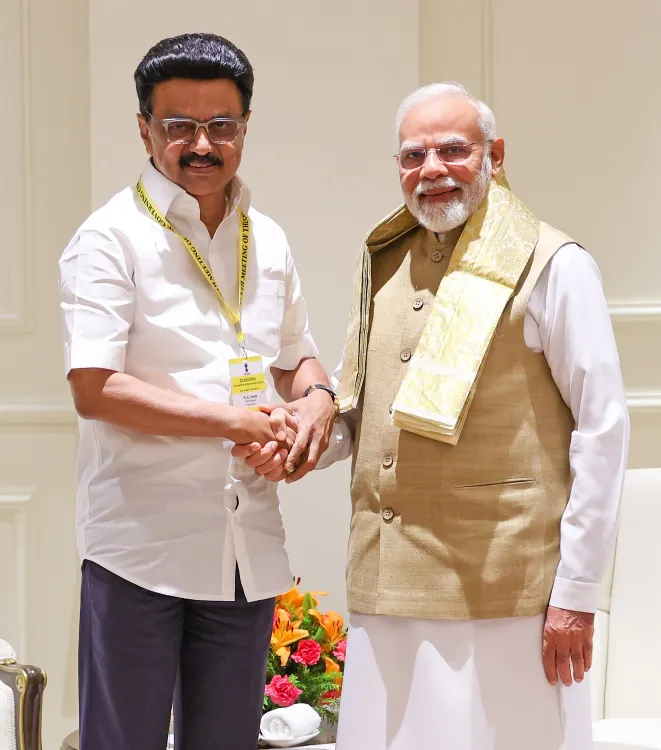
Synopsis
Key Takeaways
- Stalin advocates for a 50% share in central taxes.
- Calls for a dedicated urban transformation mission.
- Proposed a river rejuvenation initiative for southern rivers.
- Emphasizes constitutional fairness and cooperative federalism.
- Stalin's attendance marks a renewed engagement with the Centre.
Chennai, May 24 (NationPress) The Chief Minister of Tamil Nadu, M.K. Stalin, made a compelling case on Saturday for an increase in the state’s portion of central taxes, while advocating for the initiation of vital development projects tailored to meet the state's specific requirements. This was during his address at the 10th Governing Council meeting of NITI Aayog in the national capital.
Stalin emphasized Tamil Nadu's fiscal issues, asserting that the Centre should elevate the state’s share in central taxes to 50 percent. He noted, “At present, we only receive 33.16 percent when we were promised 41 percent,” in a post on the social media platform X, reiterating the necessity for equitable federalism. He stressed that this request is not merely financial but is founded on constitutional equity and the essence of cooperative federalism.
Furthermore, the Chief Minister highlighted the swift urbanization of Tamil Nadu, calling for a dedicated urban transformation mission. “As the most urbanized state in India, I underscored the importance of a special mission akin to AMRUT 2.0 to tackle urban infrastructure, housing, and mobility,” he articulated.
Stalin also advocated for a river rejuvenation initiative similar to the Centre’s Clean Ganga Mission, specifically targeting southern rivers such as Cauvery, Vaigai, and Thamirabarani. “I proposed a #CleanGanga-style project for these rivers, with names in English to ensure national coherence while honoring regional pride,” he asserted. These proposals are integral to Tamil Nadu’s broader vision of enhancing economic resilience, environmental sustainability, and inclusive growth.
The Chief Minister's statements come at a crucial time when discussions on intergovernmental fiscal relations and urban development strategies are actively being debated nationwide.
Stalin’s participation in this year's NITI Aayog meeting is significant, as he had opted out of the previous session in July 2024, citing the neglect of Tamil Nadu’s interests in Union Budget allocations. His attendance this year signifies a renewed effort to engage constructively with the Centre while firmly presenting the state’s key priorities on a national platform.

